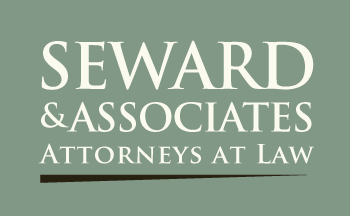Chapter 11 of the bankruptcy code used to be routinely used only by business debtors. But, more and more, the bankruptcy courts are seeing individual debtors turning to Chapter 11 for effective relief as a result of the economic downturn. Most often these type of individual debtors have real estate with negative equity, rental properties in need of debt restructuring, or too much debt for Chapter 13.
Chapter 11 is a section of the bankruptcy code that permits individuals and businesses to either liquidate or reorganize debt. Distinct from Chapter 7 and Chapter 13 bankruptcy cases, Chapter 11 typically involves greater sums of money regarding the assets and debts of the individual or business. Chapter 11 is available for both individuals and businesses. As an individual debtor, you can reorganize the debts that are in your name in an effort to restructure your finances and protect your assets. If you file as a business, you can still reorganize the debt but you are limited to debts of the business.
Chapter 11 is a powerful tool that allows real estate investors to rewrite mortgages. For example, if you own a property worth $250,000 but you owe $350,000 on the loan, Chapter 11 will allow you to reduce the principle balance of the mortgage to the value of the property. This would reduce the mortgage from $350,000 to $250,000. Not only that, but Chapter 11 will also allow you to reduce the interest rate and extend the term of repayment, often times to another 360 months (30 years). This results in a lower monthly mortgage payment and allows the property to become profitable again.
Most individuals use Chapter 13 bankruptcy to reorganize and pay back debt under a repayment plan. However, Congress has limited the amount of debt you may have to qualify for Chapter 13. The current debt limit for a Chapter 13 debtor is $394,725 for unsecured debts, and $1,184,200 for secured debts. If your total unsecured debt is more than this, or if your secured debts are higher than the limits, you could file for Chapter 11 bankruptcy instead. A Chapter 11 allows you to restructure and pay back your unsecured debt in a manner similar to Chapter 13. You will have a regular monthly payment to each of your creditors and once you have completed repayment according to your court-approved plan, the judge will give you a discharge absolving you of any future liability on most debts.
If you’re struggling financially, even if you have a significant asset base, it’s worth exploring your options, which are ample in the bankruptcy courts. Our office is equipped with the resources to evaluate your situation and recommend a path to reorganization, or even debt relief.
Attorney Jared Bellum is a contributing author to this blog.
